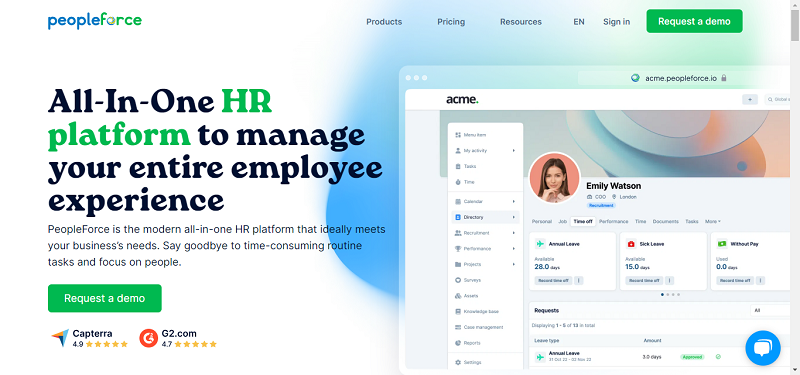Have you ever wondered why certain coins have ridged edges? They are prevalent within the currencies of many nations. The mint actually calls it “reeding.” But what is it for? There was a time when the coins themselves were worth what they stood for; they were made from an amount of gold or silver equal to their face value. People discovered quickly that it was possible to shave a tiny sliver off the edge of each coin, slowly building up a tidy amount of stolen shaved silver or gold. Reeding took care of this problem by installing a ridged edge, which would give away any attempts to slice pieces away.
Although reeding has eliminated this form of financial fraud, its continued presence on some of our coins serves as a reminder that the modern monetary system is beset with challenges. There is a dynamic tension between the value of goods and the honesty of those performing the transactions. It has never been perfect, primarily because it is based on faith. In many regards it is quite amazing what people will do, based on the mutual acceptance of a fiat currency, or on the supposed legitimacy of a signature on a contract. This faith extends to the person across from you, the banks that handle and lend out money, and the governments that oversee it all. This is about to change.
Most people have heard about BitCoin, the “virtual currency” that seems to defy explanation as to how it works, and which seems to be the favored exchange medium of international criminals, drug lords and arms dealers. It appears as a novelty, doomed to obscurity due to a lack of cultural connection and consumer comfort. But there is a lesson that comes from the slow advance of BitCoin that all companies and individuals should heed, even if they never make a BitCoin transaction, and it comes down to one word: decentralization.
BitCoin is a payment system, not a currency per se. It belongs to no nation, and no Government can legislate its value. The most significant feature of BitCoin is the machinery that makes it work, called the BlockChain, and that’s what enterprises and individuals must pay strict attention to.
(Bitcoin Explained via Duncan Elms)
The BlockChain is a collection of computers stationed around the world, and maintained by anybody. You or I could have a computer that connects to the BlockChain if we wanted. They essentially act like a group of peers, who must all be notified of every BitCoin transaction and must unanimously and independently verify and approve each one. They become the witnesses, and the value of every transaction completed is based no longer on faith but on fact.
The most important thing to take away from this, however, is that the BlockChain approval process does not only happen for BitCoin-based transactions. It can happen in any area of business or activity in which independent, impartial oversight is required.
Take accounting, for example. Accounting places much of its stock in trade in the balancing of books. Every dollar that a company takes in, spends and retains must balance out. That’s what a ledger is for, and that’s what accountants do. They make sure it all balances. But this is what the BlockChain does, too. It acts like a giant global ledger and insists that every transaction also balances.
This has huge implications for all types of businesses, including banking, accounting, insurance and real estate. It does not necessarily threaten to put them all out of business, but it does point to a significant change in the way transactions and contracts are negotiated and acted upon. The global approval systems established by the BlockChain will influence every area in which humans need to prove something. This could include certifications, diplomas and affidavit-type documents. Where once a signature sufficed, now the proof of a transaction will need to pass the test of a million unrelated and impartial computers. BitCoins and similar virtual payment systems can even be programmed to be spent only on certain products and services and no others. For example, an insurance company’s payout could include a BitCoin that can only be applied to specific medications or car repairs at a selection of approved suppliers. This has the potential to vastly improve the security of payouts and the efficacy of systems that rely on money to be spent exactly where it should be.
The mechanics of how BlockChain does what it does take much more space to explain, in just the same way modern banking or insurance structures do. But for businesses, consumers and employees in today’s workforce, the notion of a secure, “centerless” place for the verified exchange of goods, services and promises is moving ever closer.
Bottom line (to use an accountant’s terminology), if you have considered BitCoin to be merely a quirky virtual coinage system available only to technology buffs, think again. Your next house purchase, employment agreement or company audit may run on this new, centerless track very soon.
For more on this topic, please visit businessvalueexchange.com, sponsored by Hewlett Packard Enterprise.
By Steve Prentice





